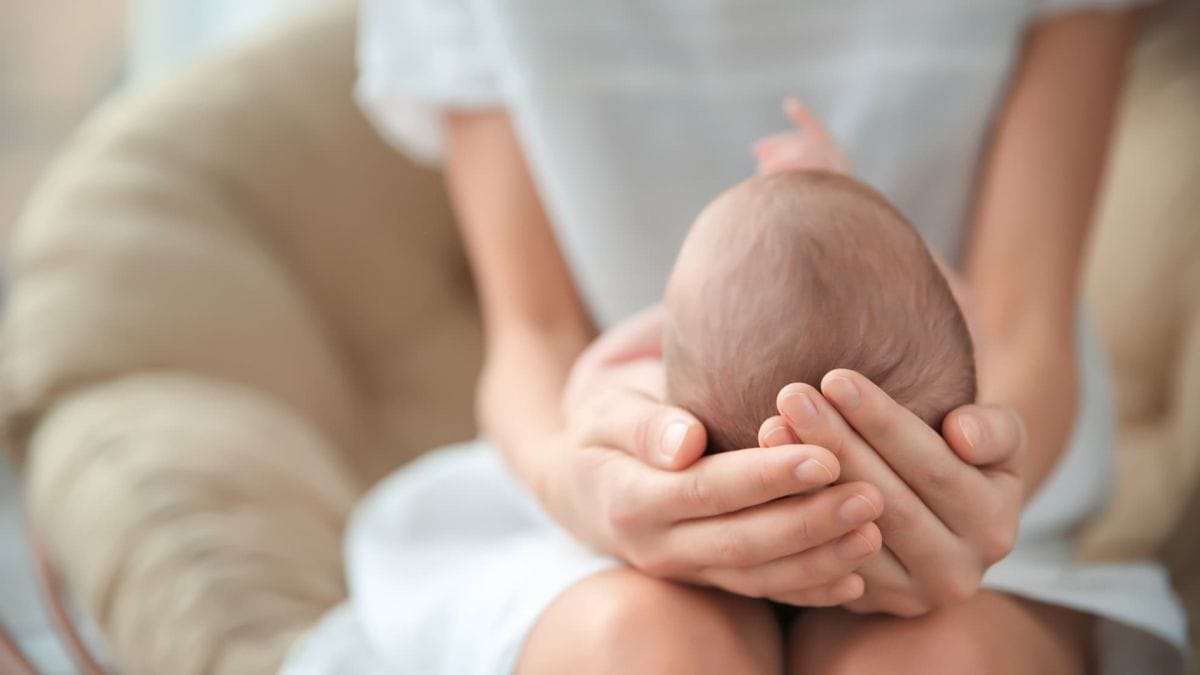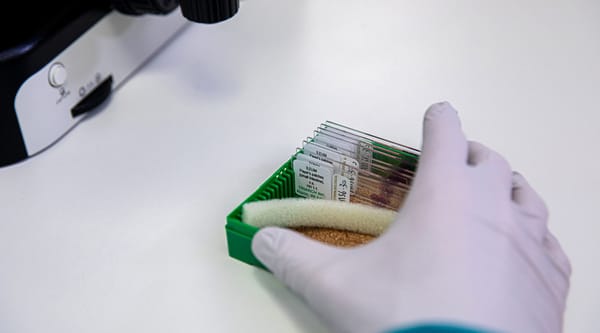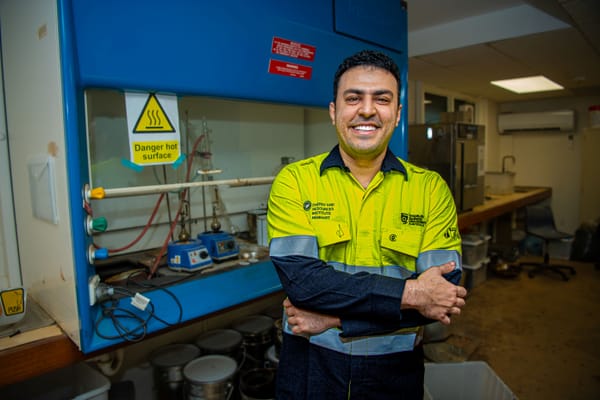Study calls for more support for neurodivergent mothers
Research from Edith Cowan University (ECU) has called for greater recognition of the needs of neurodivergent mothers during perinatal care.

First published by Edith Cowan University
Research from Edith Cowan University (ECU) has called for greater recognition of the needs of neurodivergent mothers during perinatal care.
The perinatal period marks a profound transition to parenthood and is known to impact mental health in significant and often unpredictable ways. For neurodivergent individuals, the inherent changes associated with this period, such as shifts in daily routines, poor sleep, hormonal fluctuations, sensory sensitivities, and social communication difficulties, can exacerbate their vulnerability to mental health issues.
These challenges can lead to increased rates of antenatal and postnatal depression, anxiety, and isolation, profoundly impacting their transition to parenthood.
"This emphasises the need for empathetic, relational and tailored approaches to perinatal care," ECU PhD student Ms Jata Elliott said.
Research has found that the susceptibility to perinatal depression and anxiety is notably higher among autistic and attention-deficit/hyperactivity disorder (ADHD) individuals, with available studies showing a higher depression risk in pregnant women with ADHD and increased ADHD symptoms in the perinatal period.
This is often exacerbated by sensory overload and inadequate support systems.
"A 2023 study found that compared to neurotypical people, neurodivergent individuals are frequently diagnosed with postnatal depression, furthermore, ADHD increases the risk of depression and anxiety in the perinatal period, by 16.76 % in the ADHD group vs. 3.29 % in the non- ADHD group, where ADHD increases the risk beyond other well-known risk factors.
"Research has also found that autistic individuals were significantly more likely to experience depressive episodes in pregnancy and postpartum compared to their non-autistic counterparts.
"This suggests a critical need for perinatal care systems to adapt and respond to these elevated risks," Ms Elliott added.
Prior to 2017, there was a distinct lack of studies focusing on ADHD in women and girls, and as a result, the condition is often conceptualised through a male-centric lens.
"This approach has left many midwives, clinicians, and mental health providers ill-informed about the varied manifestations of ADHD symptoms in women, girls, and people with menstrual cycles, resulting in significant oversights in addressing their lived experiences or accommodating their needs.
"Adopting such a perspective is crucial for fostering a more inclusive and equitable understanding of ADHD, which acknowledges and affirms the unique experiences of women and girls," Ms Elliott said.
The needs of neurodivergent mothers
The sensory needs of neurodivergent individuals during the perinatal period emerged as a significant challenge in the experiences shared by neurodivergent participants during a review of available research.
Research shows sensory stress in neurodivergent individuals is often triggered by specific environmental stimuli, such as fluorescent lighting, background noise, or the texture of certain materials, which are processed in a heightened (hypersensitive) or reduced (hyposensitive) manner due to sensory processing differences.
"These sensory challenges stem from neurodevelopmental differences in sensory processing rather than from the general emotional or situational challenges of pregnancy experienced by the neurotypical parturient. The sensory challenges faced by neurodivergent individuals during pregnancy often led to feelings of overwhelm, making it difficult to manage routine activities," she said.
The neurodivergent perspective advocates for a holistic approach to care that encompasses an understanding of the differing sensory sensitivities many neurodivergent individuals experience.
"This understanding is not just about acknowledging sensitivities but actively working to create a sensory-friendly environment, in clinics, birth rooms and birth centres, such as dimming lights, minimising unnecessary noise, and personalising the birthing space to include sensory aids like dimmed lighting, weighted blankets or soothing music can transform a potentially overwhelming experience into one that supports physiological birth and positive interactions," Ms Elliot said.




